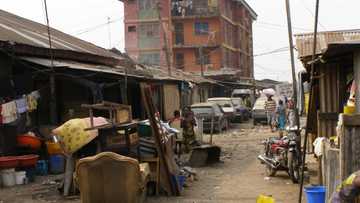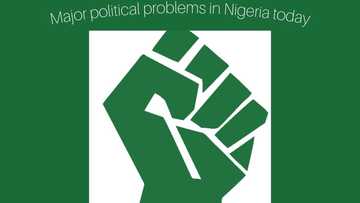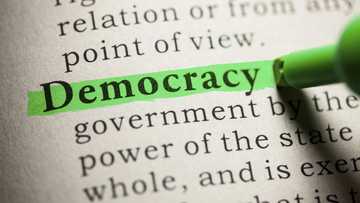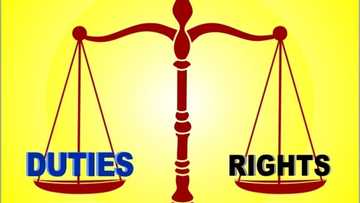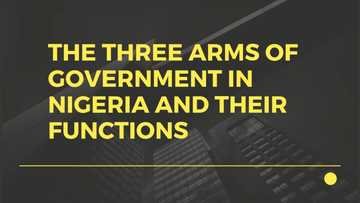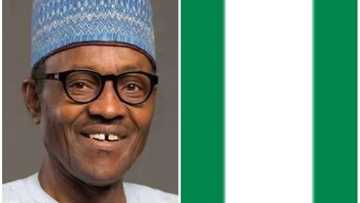Major functions of government in a state
Everyone knows that there are some functions of government and it deals with them every day. But who knows what are they explicitly? If you are one of those who have no idea what the government does for its population, then you are just in time to find it out.
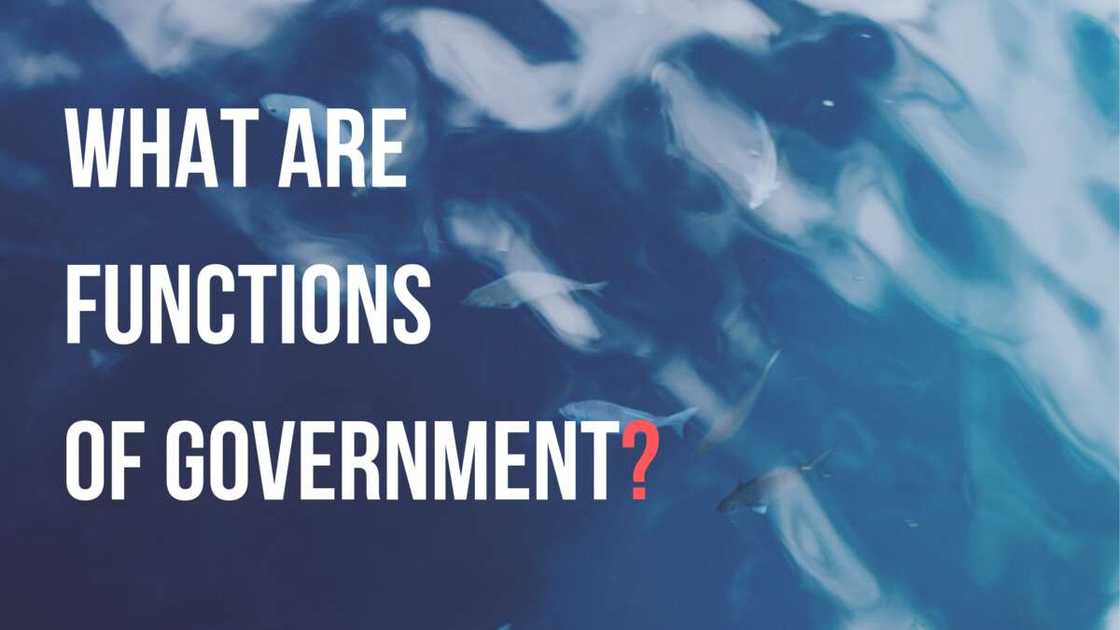
Source: UGC
Everyday the governments from all over the world do dozens of assignments in order to keep their state united and stable and make the country prosper for the sake of its citizens. But few of us know all the list of government functions to understand the whole picture. And, today we are going to improve this situation together.
What is the meaning of functions of state government?
The functions of government reflect its dynamic characteristic. They show what it should do to achieve and implement the goals and objectives that it faces in a particular historical period. However, the functions of the state as the main directions of its activity should not be reduced to the activity itself, since in practice the state sometimes shies away or distorts these directions.
The functions reflect not only the directions of the selective influence of the state but also the coordination and comparison of the management activities of the country with similar activities of other public associations. Therefore, the functions of government are objectively determined by the laws governing the functioning of this political and legal system, the peculiarities of interaction between society and the state, actual goals and objectives confronting them throughout the entire history of government existence and in a particular historical period.

Source: UGC
When we are done with the definition of government functions, we can begin with finding out how many of them are there and what each of them deals with. So, keep reading.
What are the functions of government?
Generally, there are four functions of government distinguished. They are:
- Keeping order (making laws, providing law enforcement and courts);
- Providing security (preventing crimes and protecting citizens from various attacks);
- Providing public services (establishing and delivering services in health care, educational, science, cultural spheres, etc.);
- Guiding the community (managing the economy and conducting foreign relations).
But actually, they are more compound in their structure and consist of numerous sub-functions. Therefore, the classification is much broader and has more point rather than just four.
From a functional point of view, the government is supposed to solve a number of tasks in the spheres of domestic and foreign policy. By the function of the state, a particular focus of its activities is meant. The functions of the state specify its social purpose.

Source: UGC
There are several approaches to understanding the functions of government in the country, but most scientists adhere to the most developed theory, according to which government functions are divided into external functions, which ensure the independence and security of the state outside, and internal ones, which provide the control of power within the country and the management of regular affairs.
Internal government functions are:
- Economic (the organisation and regulation of economic life);
- Stabilisation (maintaining stability and peace in society);
- Coordination (ensuring social harmony and unity);
- Social (social security, fair distribution of benefits);
- Cultural and educational (supporting culture and spiritual values);
- Legal (rule-making, protection of the constitutional order, rights, legality);
- Environmental (protection of nature, ensuring a healthy environment).
External functions of the government are:
- Upholding national interests at the international level (ensuring mutually beneficial international cooperation, coordinating efforts in solving global problems of humankind, providing collaboration with a number of international organisations);
- The organisation of defence and the protection of state security (the protection of state sovereignty, the implementation of military actions against other states, etc.).
Now, we will review each aspect of these functions so that you may have the wholesome picture of what they are and what they deal with in details. That is why keep reading. We are going to start with the internal ones. So, what are they?
Internal functions of government
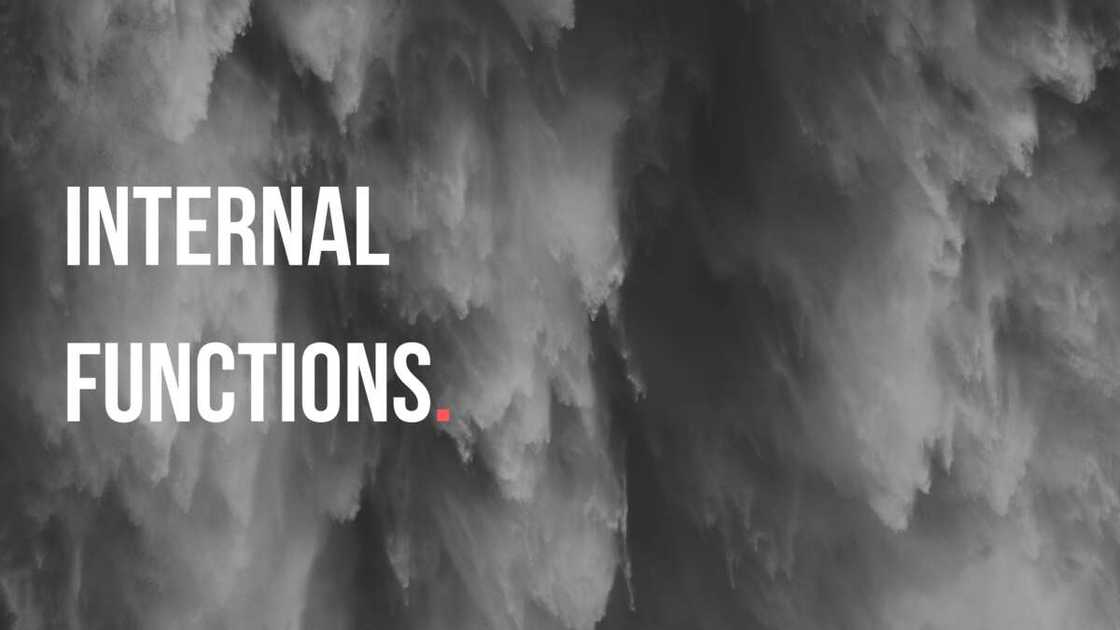
Source: UGC
The internal functions of the government can be conventionally divided into main and minor ones. The main ones are the functions that can be performed by the government only, namely:
- Ensuring public order, security, rights and freedoms of citizens, including the fight against crime, population registration, prevention of various disasters, measures for relieving the consequences of accidents;
- Establishment and protection of the general maintaining of social life such as economic, political and other social relations (civil law, labour law, etc.);
- Monetary and financial regulation (special attention is paid to currency issue);
- Budget regulation, the collection of taxes, distribution of income and expenses in the budget.
Minor functions can be divided into traditional, which has been established primarily historically, and new ones that emerged relatively not so long ago, approximately in the late 20th century.

Source: UGC
Traditional functions are not the entirely same for different states as each country has its historical circumstances for their establishment, but generally, they are:
- Transportation and communications management;
- Education and health management;
- Protection of defective persons and helping them;
- Media management and control.
Sometimes some traditional functions become redundant, and the state refuses to fulfil them. And among the new roles there are the following:
- State Enterprise. The government is directly involved in production in the defence sphere and in other areas where it must, on behalf of the society, exercises control over production.
- Influence on economic processes, which means the maintaining of the stable development of the national economy. The government carries out this function, providing both financial and administrative measures.
- Social services. The government is engaged in this sphere in order to maintain social security, that is, it pays a number of pensions, benefits to large families, unemployment allowances, housing allowance to the poor, etc.
For the present day, there are some essential functions of government that are performed by the state worldwide. They include economic, political, social, fiscal, environmental, law enforcement functions. So, what are they supposed for?
Role of government in economics

Source: UGC
Economic function content is the implementation of measures by the government to develop the economy, namely such areas as industry, agriculture, energy, transport and other ones. All of this is achieved through the establishment of state enterprises, the adoption of economic laws, the creation of favourable conditions for the activities of non-state enterprises.
At the present stage, the primary trend in the economic function of the government is that it intervenes into the economic activity within reasonable limits, allowing, on the one hand, to properly stimulate labour. And on the other, it does not enable distortions which will lead to the elimination of enterprises, unemployment, or the export of capital to the disadvantage of national interests, the removal of highly developed industries, etc.
The economic function covers the following areas of state activity:
- Support for manufacturers, including small businesses (subsidies, preferential taxation, upholding the interests of companies in the domestic and world markets, etc.);
- Primary support of strategic, highly competitive industries in the world market and socially significant for the particular state (creation of special zones, customs policy);
- Targeted investment policy (attracting domestic and foreign capital);
- Establishment of an effective economic mechanism of the agricultural sector, and ensuring the right to private ownership of land above all;
- A gradual decrease in inflation rates and slowdown of price growth.
The political role of government
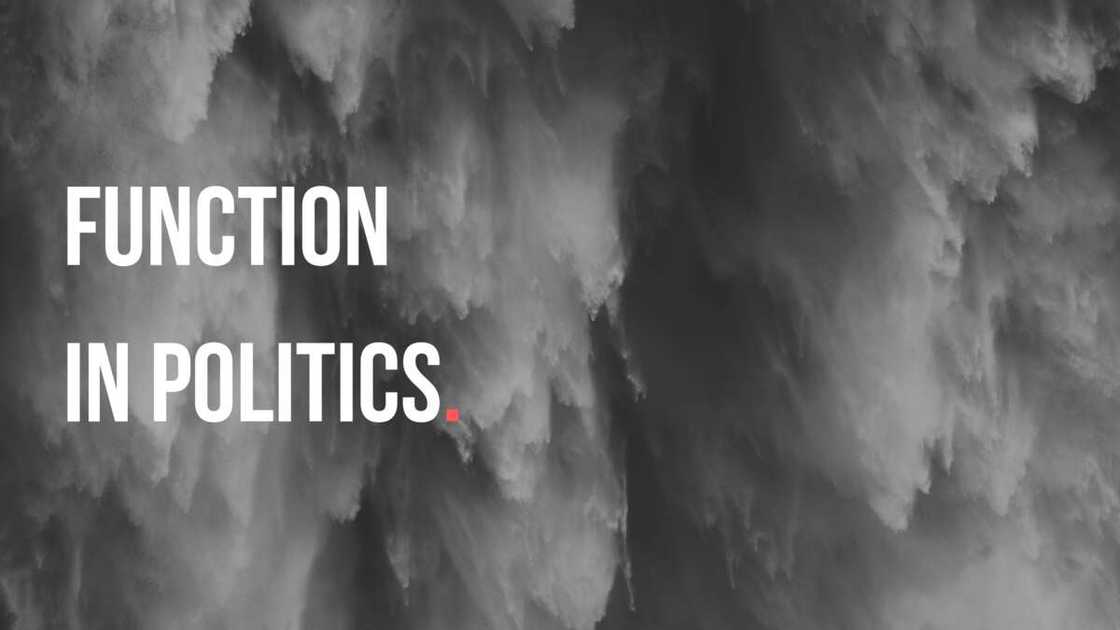
Source: UGC
The direction of government activity in the political sphere has a strategic focus on creating a viable democratic society and ensuring democracy in various forms. In this function, the government plays a special role in the political system, giving it a kind of integrity and stability. It performs the majority of its management activities, exerting an ordering, regulating impact on almost all major areas of society. Therefore, an essential principle of the state is universalism or universality.
The government occupies a special place in the political system as the core element around which all other components unite. It is principally intended to ensure the integrity and unity of institutions and organisations that perform various management functions. If parties and other institutions represent the interests and positions of specific categories and groups of citizens in the political system, the state expresses general interest or the public will.
Social function

Source: UGC
Social function is the direction of government activity in the social sphere. It follows that the content of this function consists of:
- Ensuring a decent standard of living for all citizens. At the same time, the state should pay special attention to the living standards of the least well-off segments of the population (pensioners, students, the disabled, etc.) by paying pensions, allowances, scholarships, creating and operating homes for the elderly, and providing other types of social assistance;
- Protection of public health through the creation of medical institutions, monitoring the purity of the environment, the quality of food, providing the population with medicines;
- Protection of childhood, maternity, paternity by creating a network of preschool institutions, orphanages, boarding schools, providing assistance to needy families, etc.;
- Guaranteeing the minimum wage by setting the appropriate amount of such payments;
- Labour protection in all enterprises, regardless of the form of ownership, through the establishment of appropriate legislation and control over its observance;
- Rendering assistance to the population in extreme situations (flood, earthquake, fire, armed conflict, harassment on a national basis, etc.) by creating conditions for the activities of insurance institutions, providing housing, paying one-time benefits, etc.

Source: UGC
An integral part of the social function is the activity of the government for the development of culture, science and education. Each of these branches is realised in different ways. So, we are going to learn each of them separately. The development of science is realised through:
- Creation of favourable conditions for the creative activity of research teams and for the free competition of various scientific schools;
- Creating and supporting research institutes, laboratories, test sites, financing research, training scientific personnel, holding conferences, etc.;
- Supporting the priority development of fundamental theoretical research and fundamentally new technologies.
The development of culture is realised through:
- Support of art, literature, theatre, cinema, music, painting;
- Development of physical education and sports;
- Improving the work of radio, television and other media;
- Preservation of historical and cultural monuments, historical complexes, protected areas, archives, museums, libraries.
The development of education is realised through the establishment of state educational institutions and conditions for non-state educational institutions, improving the quality of education in all educational institutions.
Role of government in ecology

Source: UGC
READ ALSO: Functions of government in a state in Nigeria
The main content of the ecological function is to protect nature and the rational use of natural resources. To implement this function, the government should coordinate and monitor the activities of all enterprises, institutions, specific individuals in the field of environmental protection, environmental management, and environmental safety. The ecological function should contribute to the improvement and enhancement of the quality of the environment, the preservation of natural resources.
Also, the ecological function is about:
- Development of the country's environmental program;
- Adoption and implementation of national environmental protection programs;
- Establishment of a legal regime for environmental management;
- Establishment of environmental standards (for example, specifying of the maximum permissible concentration of harmful substances in the water, atmosphere, exhaust gases of automobiles, etc.);
- Monitoring compliance with environmental legislation.
Fiscal function of government
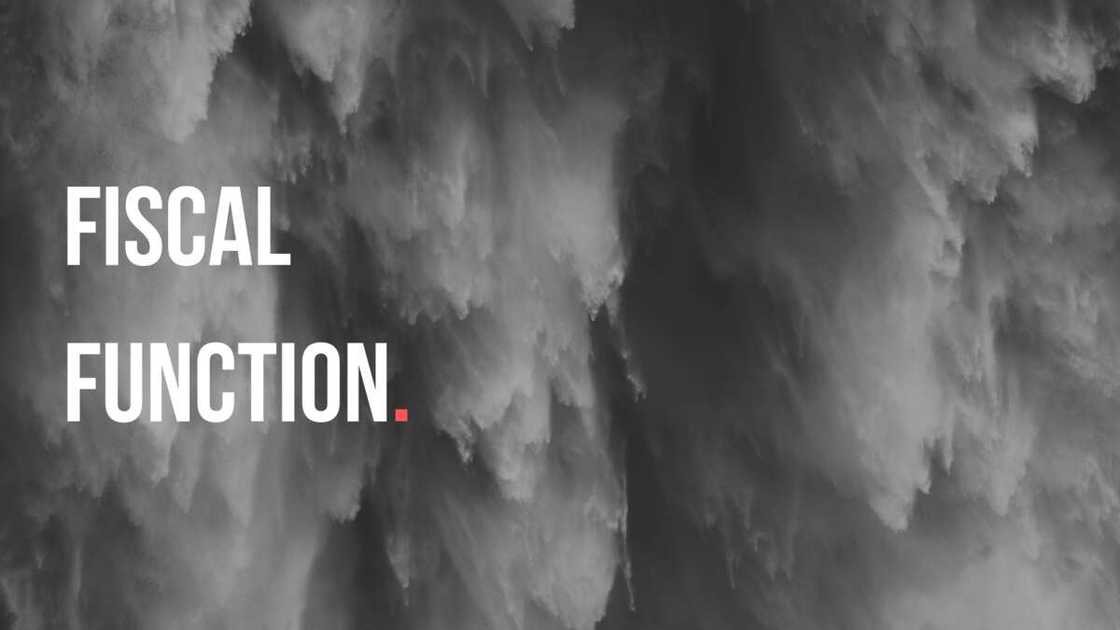
Source: UGC
The function of taxation and tax collection is the formation of the budget, both state and municipal, at the expense of all types of taxes, customs duties and other financial charges provided by law. It should be noted that this function faces not only the task of optimal collection of taxes to the treasury but also the task of regulating the impact on the economy.
The fiscal function includes:
- Establishment and collection of all types of taxes;
- Formation of the state budget and control over its expenditure side;
- Conducting financial policies (loans, credits, securities, etc.);
- Control over monetary circulation in the country and so on.
Role of government in law enforcement
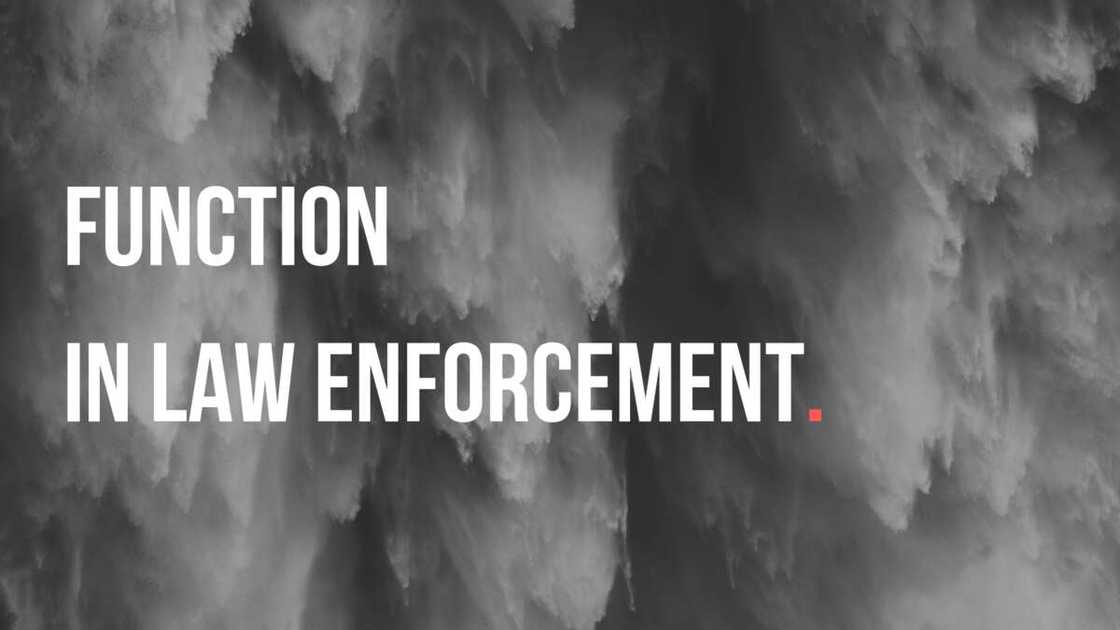
Source: UGC
Law enforcement includes the activities of the government in three major areas:
- Protection of the rights and freedoms of citizens;
- Protection of all forms of ownership;
- Law enforcement.
In a legal state, the rights and freedoms of citizens are the highest value of society. That is, the government is engaged in implementing measures for struggle against crime, public order maintenance, execution of sentences, crime prevention, etc.
Now, we can proceed to find out what the external functions of government are, and all the details of their implementation.
External functions of government

Source: UGC
READ ALSO: Functions of the judiciary in Nigeria
The main external functions of the government are a defence of the country, ensuring peace and maintaining world order, and international cooperation. External functions are fundamental, as they are performed only by the state.
Functions of country defence and ensuring peace and maintaining world order
In accordance with the task of country defence, the Armed Forces are intended to repel aggression directed against the state, to protect the integrity and stability of the territory of the country, as well as to perform tasks following its international treaties.
The function of ensuring peace and maintaining world order is also a foremost one. Without its implementation, the future of humanity will be in great danger. Any war will lead to the death of civilisation. In turn, local military conflicts can lead to a global military confrontation.

Source: UGC
That is why the government performs the following:
- The use of the armed forces of the day to solve foreign policy tasks of the state;
- The realisation of geopolitical and global interests of the country through diplomatic activity. Geopolitical interests are connected with neighbouring states. And global concerns are connected with the situation around the world (for example, non-proliferation of nuclear weapons, environmental problems);
- Stimulation of international economic activity, protection and support of the economic interests of the country abroad;
- Protection of economic space from adverse external influences on the economy (a system of measures governing imports and exports).
The role of government in international cooperation
This function of government is realised through the development of multilateral relations with other states, the conclusion of treaties in various spheres of life of the world community.

Source: Depositphotos
READ ALSO: Government responsibility for health care
Carrying out the considered function, the government supports the strengthening of its reputation in the world through:
- Establishment and development of an economic union;
- Collective security systems;
- Joint border security;
- A comprehensive solution to the problem of observance of internationally recognised standards in the area of human rights and national minorities, citizenship and protection of immigrants;
- Supporting citizens who are outside the state borders;
- Creating a single information space.
An essential aspect of the function of international cooperation is the interaction of the state with other countries of the world community in solving global problems affecting the interests of every nation and humanity as a whole. The function of combating international terrorism can be defined as a separate one as well as environmental protection.
Although all these functions of government are general and cannot be relevant for every single country in the world, knowing the frameworks of the organisation of its work is never a totally useless piece of knowledge. Being educated in the sphere of politics indicates a person as intelligent and not indifferent to the fate of their state and the international community at large.
READ ALSO: Senator salary and benefits in Nigeria
Source: Legit.ng


